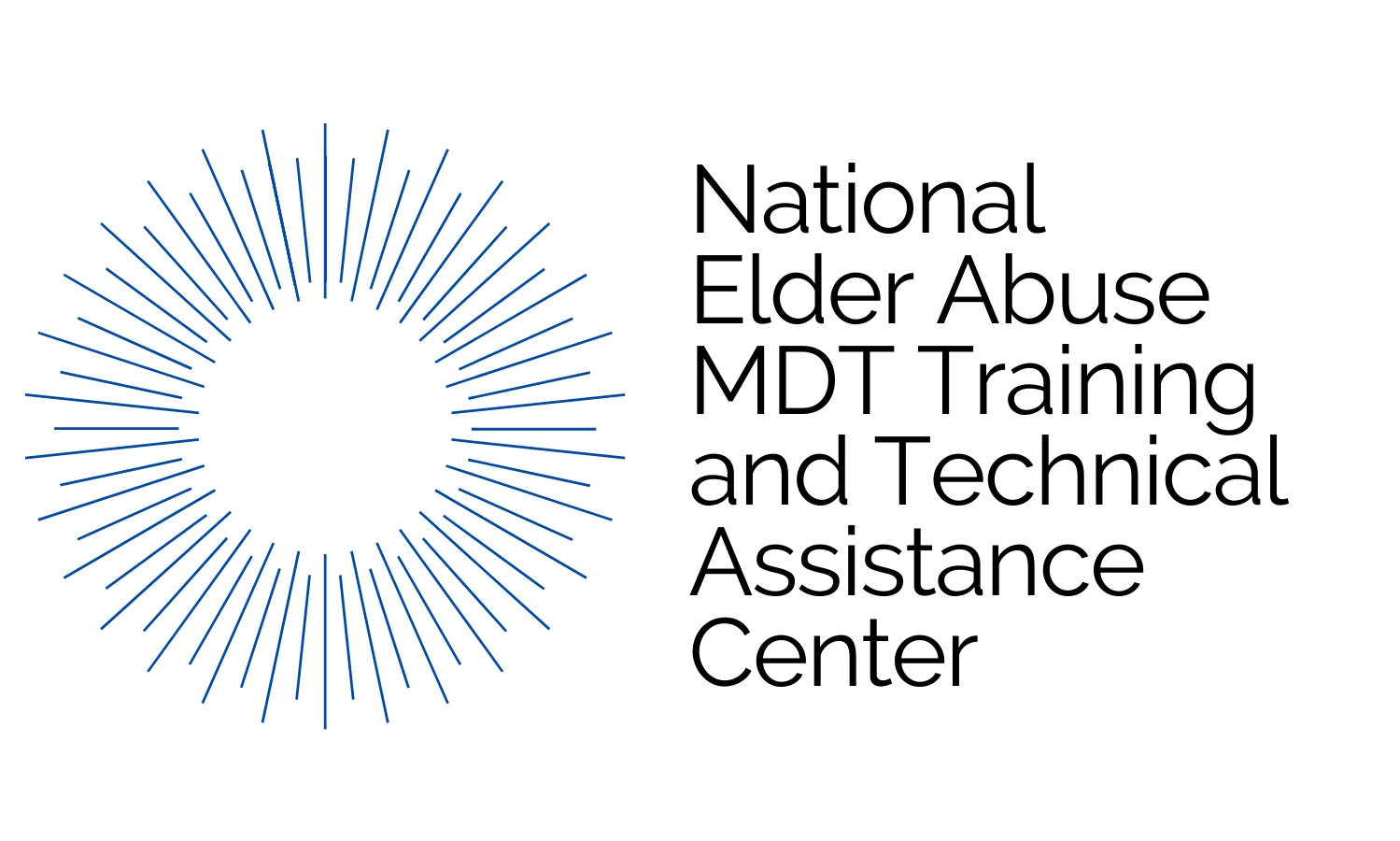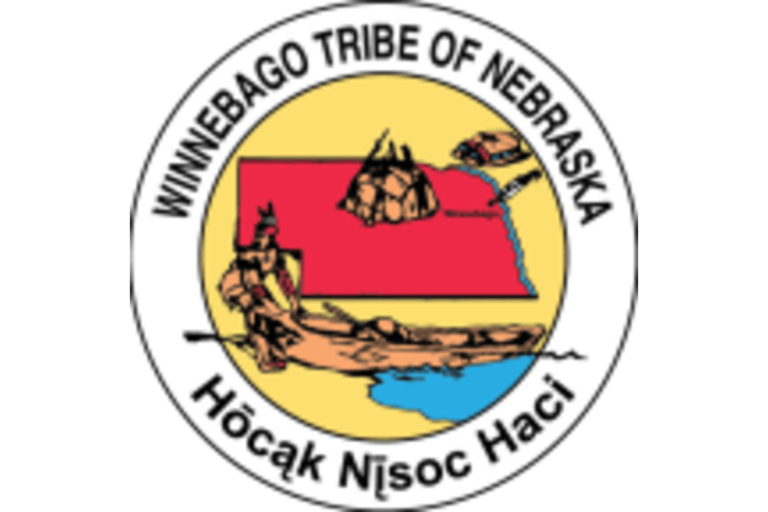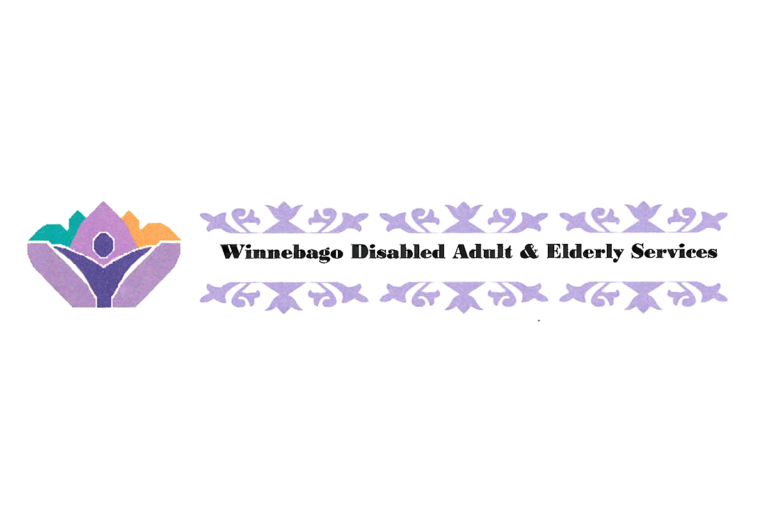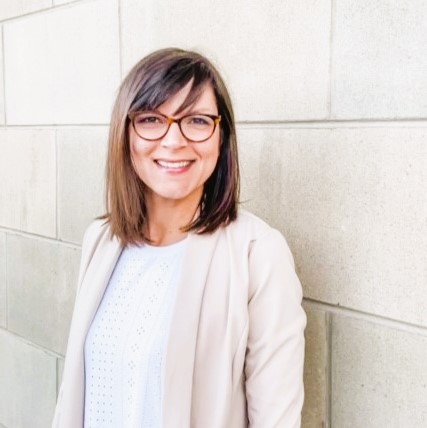
Kristin Burki is the Director of the
National Clearinghouse on Abuse in
Later Life, a project of End Domestic
Abuse Wisconsin. This role builds upon
Kristin’s 20-year social work career at
the direct practice, organizational
leadership, and systems levels focused
on effective responses to abuse across
the lifespan. These experiences have
resulted in her deep commitment to
addressing the interconnection of
services, community and system factors
that are tied to the safety, justice, and
healing of older survivors. She currently
lives and works in Madison, Wisconsin.
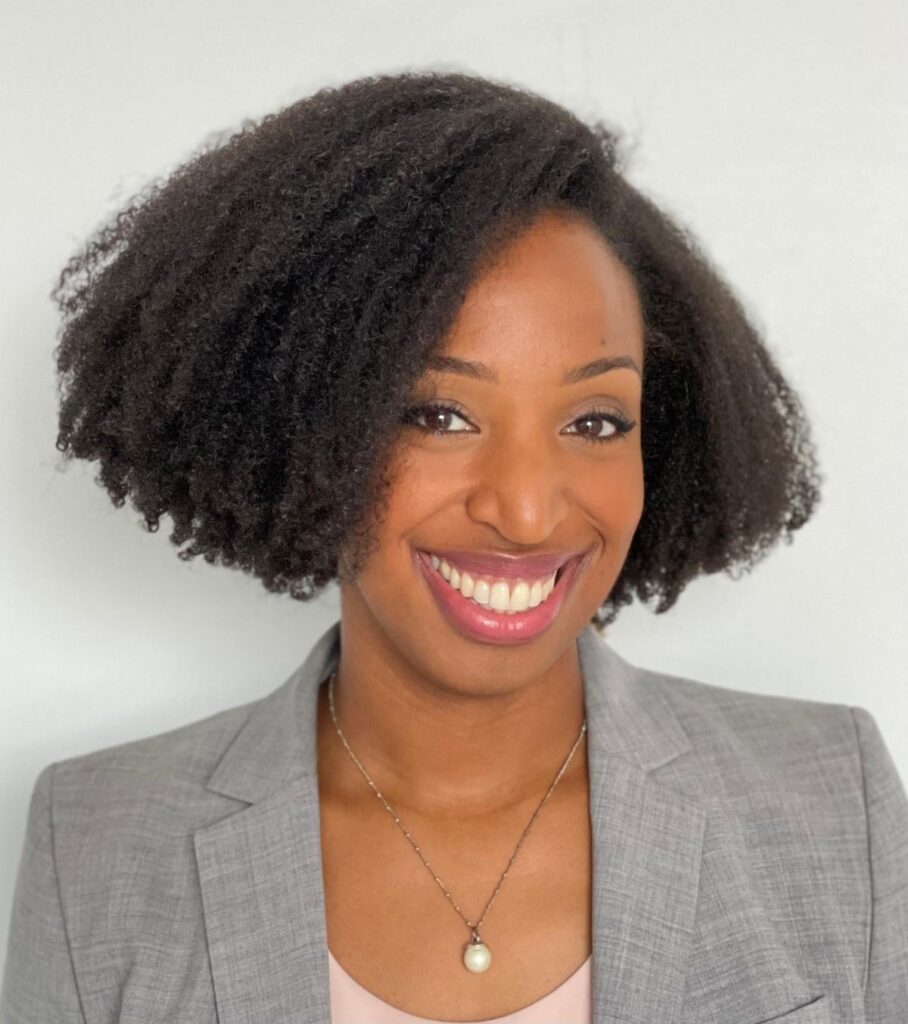
Victoria Ferguson-Young is the Victim
Services Coordinator of the National
Clearinghouse on Abuse in Later Life
(NCALL), a project of End Domestic
Abuse Wisconsin (End Abuse). In this
role, Ferguson-Young is responsible for
nationwide leadership within the
domestic violence and sexual assault
movements on enhancing safety and the
quality of life of older victims and
survivors. She has 15 years of extensive
experience in the field of domestic
violence through advocacy, prevention,
community outreach, training, and
education. She currently lives and works
in Atlanta, GA.
Older African Americans affected by elder abuse deserve support and services that
account for their cultural, social, and historical context. One of the most effective ways
to do this is by offering culturally-relevant programming and by partnering with
culturally-specific organizations. Elder justice community coordination teams, such as
E-MDT’s, often struggle to meaningfully engage culturally-specific programs, limiting
their effectiveness for older African Americans. Collaborating for justice for older African
Americans means E-MDTs equitably engage with community-based and culturally-specific
programs.
A newly released resource—Collaborating for Justice for Older African Americans
Guide (herein Collaborating for Justice)—created by the National Clearinghouse on
Abuse in Later Life (NCALL) aims to equip professionals working with older adults to
build stronger and more equitable collaborations with African American community-based
and culturally-specific programs. Through these collaborations, older African
Americans impacted by elder abuse will have greater access to effective and culturally
responsive services and supports.
Join NCALL for a webinar discussing what we learned from talking with culturally specific
program leaders and mainstream multidisciplinary elder justice professionals
across the country - including the importance of engaging with culturally specific
programs, what gets in the way of building these key relationships, as well as guiding
principles and strategies you can use to build equitable collaborations in your
community. For example, African American culturally specific programs are often
holistic and peer-based in nature. E-MDTs can take the time to learn about the
culturally-specific program’s service model and demonstrate value for their expertise by
making referrals to the program and otherwise supporting their work.
